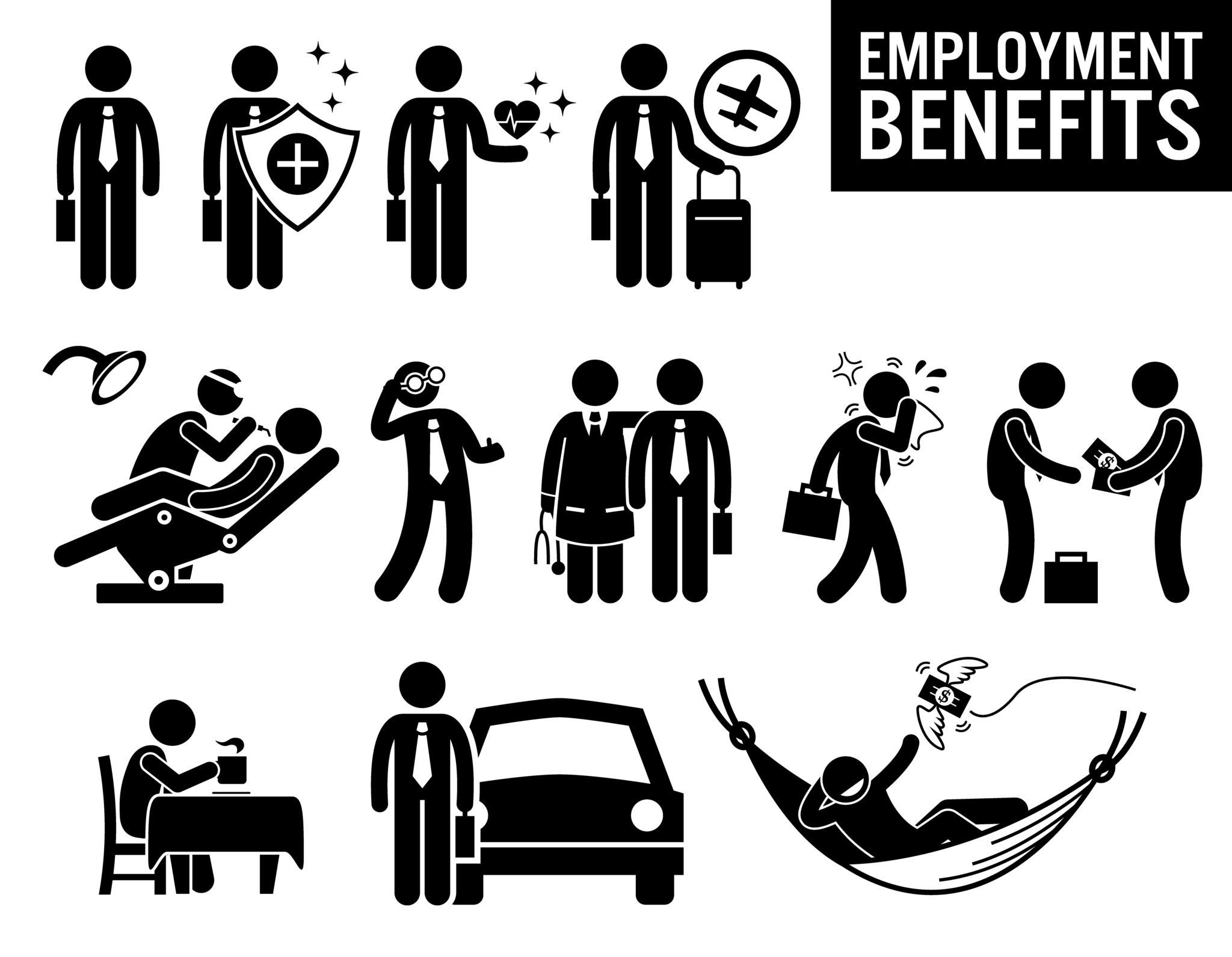Workers Compensation in Texas

According to the Texas Department of Insurance, Workers Compensation in Texas can be defined as an insurance program that is run by the state government which provides employees who are covered income and medical benefits in case of a work-related injury or illness.
Here are a few points about how Workers Compensation functions in the State of Texas:

- According to the Texas Workforce Commission, Texas is one of the few states in the United States that does not make it mandatory for employers to provide Workers Compensation to employees. However, is most cases, the employer is expected to inform his or her employees if they offer Workers’ Compensation or not.
- If employees are given Workers’ Compensation, then there is a cap on the type and amount of compensation they can legally get in case of injury or illness cause by their work.
- Employers expose themselves to the chance of personal injury lawsuits if they opt not to pay Workers Compensation.
- When a person is being hired, the employer is required to notify him of the facility for Workers’ Compensation. The employee then has 5 working days to choose between waiving their right Workers’ Compensation or the right to sue in case of a work related injury.
- While compensation laws state that workers will receive medical or income benefits if injured or taken ill during work – regardless of fault, there are limit. If, for example, the worker was horsing around, or purposely inflicts injuries on himself, or is drugged or drunk, or was at work to participate in a voluntary off-duty activity, or was injured by an Act of God, then the employee is not eligible for Workers Compensation.
- The injury report must be filed within 30 days of the injury or illness. The compensation claim paperwork must be filed within 1 year of the injury or illness.
- There are three types of benefits you can receive under Workers’ Compensation – medical benefits, income benefits and death benefits.
- Texas law favors return-to-work programs as it has been scientifically proven that recovery is better when a person is gainfully employed. If an employee refuses to do the light duties assigned to him or her while he or she is recovering, it can cause the Workers’ Compensation benefits to be stopped.
To find out all you need to know about how Workers’ Compensation works in the State of Texas, you can visit the Texas Department of Insurance’s Workers’ Compensation website.
While the law supports workers’ being compensated for injuries or illnesses sustained in the course of work, there are enough loopholes in the system for employers to contest these claims. Additionally, there are times that the Workers’ Compensation benefits may not be enough to cover all the injuries you have sustained.
Sometimes, getting a free evaluation from a qualified attorney can help. You can ask the Office of Injured Employee Counsel for advice. Or, you can even consult with FindLaw to understand your situation and the help you may need.











